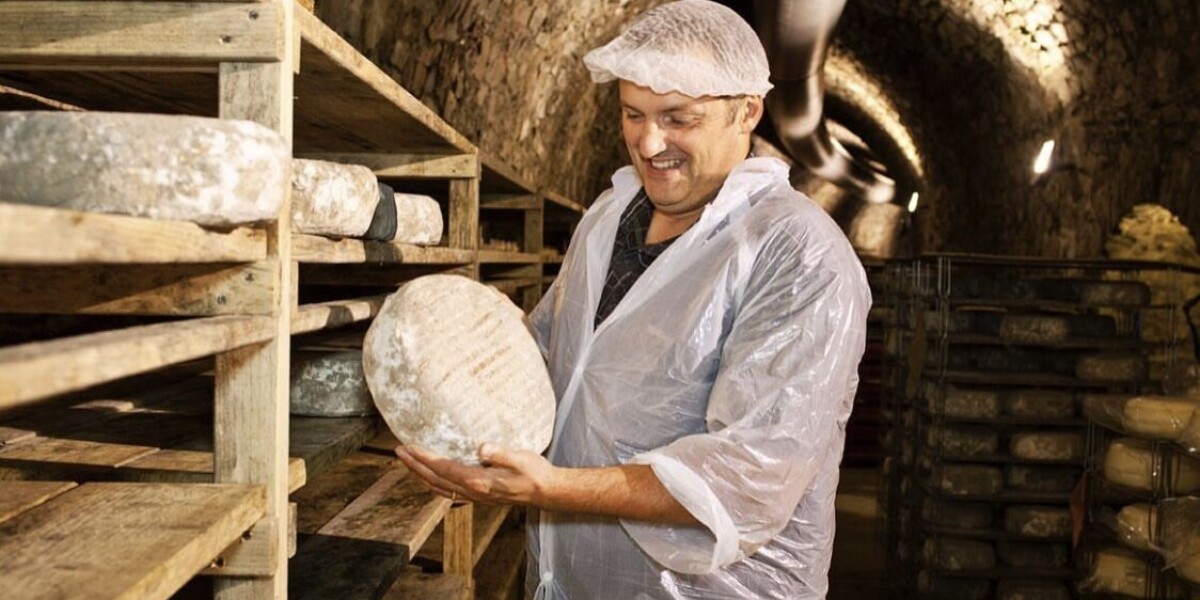- Select a language for the TTS:
- UK English Female
- UK English Male
- US English Female
- US English Male
- Australian Female
- Australian Male
- Language selected: (auto detect) - EN
Play all audios:
Ocean fronts of considerable spatial extent and temporal persistence have been described for the shelf break region along the North American Atlantic coast1–3 and along the eastern Bering
Sea shelf4. Intensive fishing activity in the vicinity of the shelf break front along the mid and north Atlantic coast suggests that high biological activity is associated with the front5,6.
Primary productivity and chlorophyll standing crop are enhanced along the Scotian shelf break front as a consequence of vertical transport of nutrients to the photic zone7,8. Although
physical data suggest that shelf break fronts persist for periods of from weeks to years, space and time scales associated with biological activity in shelf break fronts are not well known.
We report here the spatial scales and fine structure of chlorophyll and nitrate distribution in near-surface waters of the shelf break front in the southeastern Bering Sea. Data collected on
several cruises during an investigation of the processes and resources of the Bering Sea shelf (PROBES) allow a first order estimate of the time scales of persistence of nutrient and
phytoplankton dynamics associated with the shelf break front. Properties associated with an extensive middle shelf front inshore of the shelf break front are reported elsewhere9.
Anyone you share the following link with will be able to read this content:







